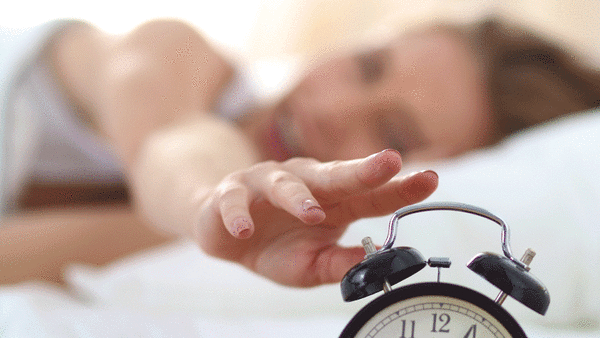

Small changes in sleeping patterns can lead to an increased risk of health problems. This includes people's liberty to adjust sleeping time even during work and rest days. The change in pattern, according to experts, leads to unhealthy changes to the bacteria in the guts.
A study by King's College London scientists reveals that even a 90-minute difference in the midpoint of your night's sleep over the course of a normal week could influence the types of bacteria found in the human gut.
A change in going to sleep and waking up at different times during the weekdays and weekends is known as social jetlag.
It is thought to be more common in teenagers and young adults and then tapers off as people get older.
The researchers found that three out of the six microbiota species which were more plentiful in the guts of the social jetlag group are linked to poor diet quality, obesity and higher levels of inflammation and stroke risk.
Health experts in Oman have reiterated the importance of getting enough sleep or face an increased risk of developing health problems such as high blood pressure and diabetes.
Dr Sulaiman al Shereiqi, Senior Specialist in Public Health at the Ministry of Health, said: "To maintain good health, the Centre for Disease Control and Prevention (CDC) recommends seven hours or more of sleep per night for adults up to the age of 60 and slightly more thereafter. Many of us struggle to get this amount of sleep all year round due to late night social gathering and wakefulness to watch favoured TV programmes."
Dr Al Shereiqi said long hours of wakefulness are also associated with bad eating habits, craving meals being fattier, sugary and in large amounts, and this eventually results in weight gain.
When routines go awry, social activities keep people awake well into the night, leaving them at risk of health problems.
Dr Matlooba al Zadjali, Senior Consultant of Public Health (cardiovascular diseases) and Founder and Managing Director of Heart Vascular Centre (HVC) said sleep is essential to maintain health and well-being, both physically and mentally.
"Lack of sleep can affect your decision-making when it comes to what to eat, often leading to giving in to cravings for fatty, sugary junk food and making weight gain more likely," she said.
Oman Observer is now on the WhatsApp channel. Click here



